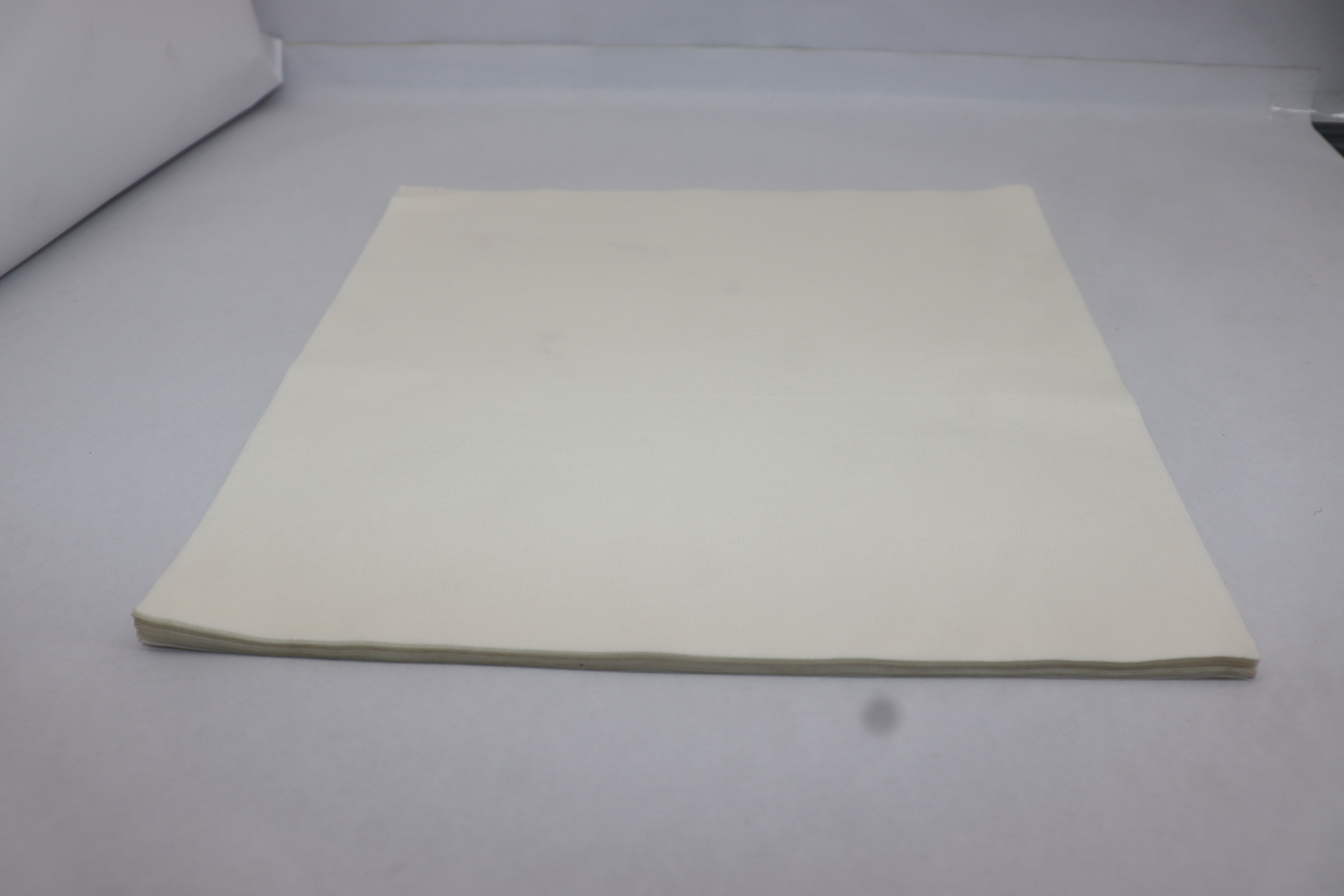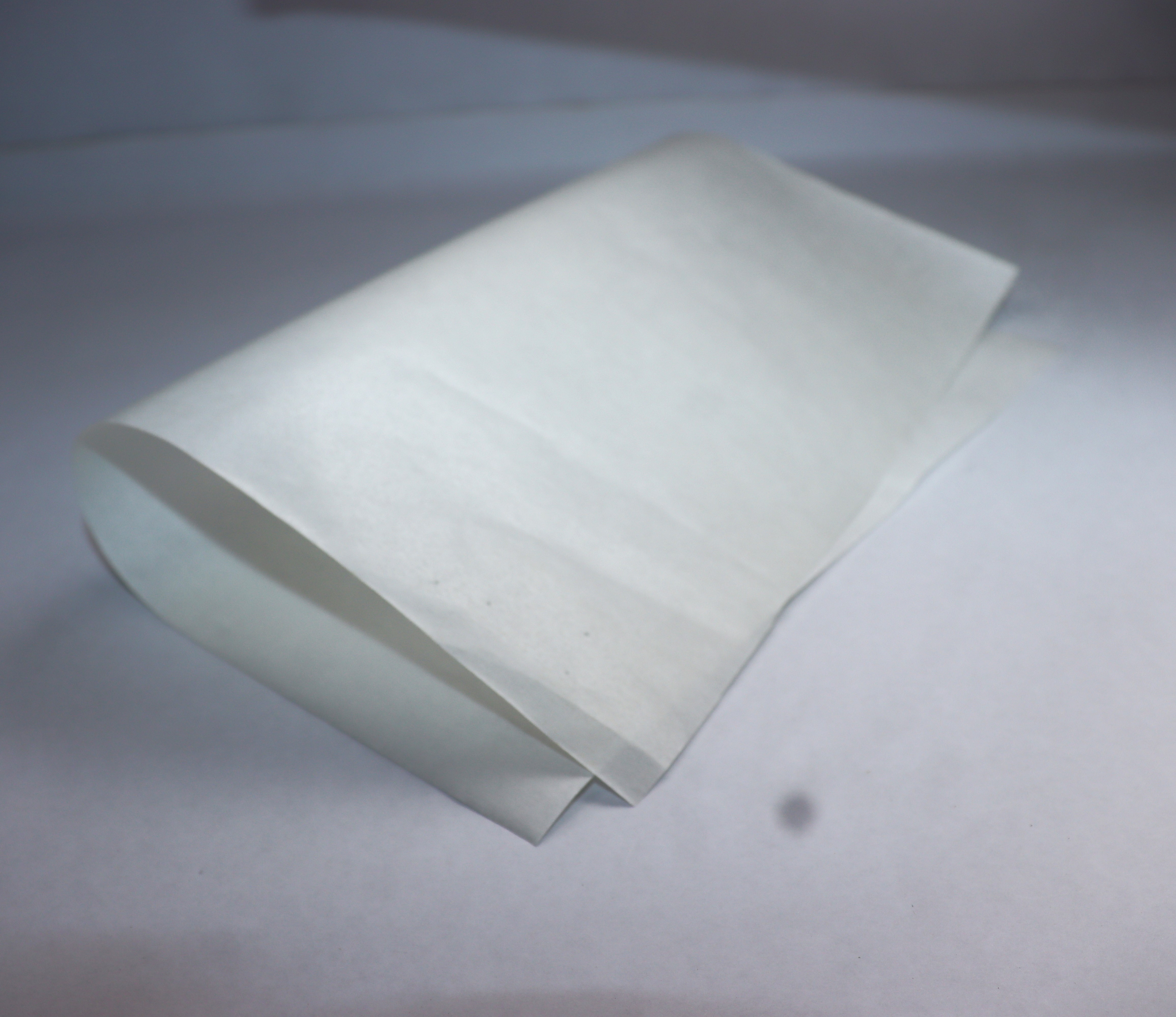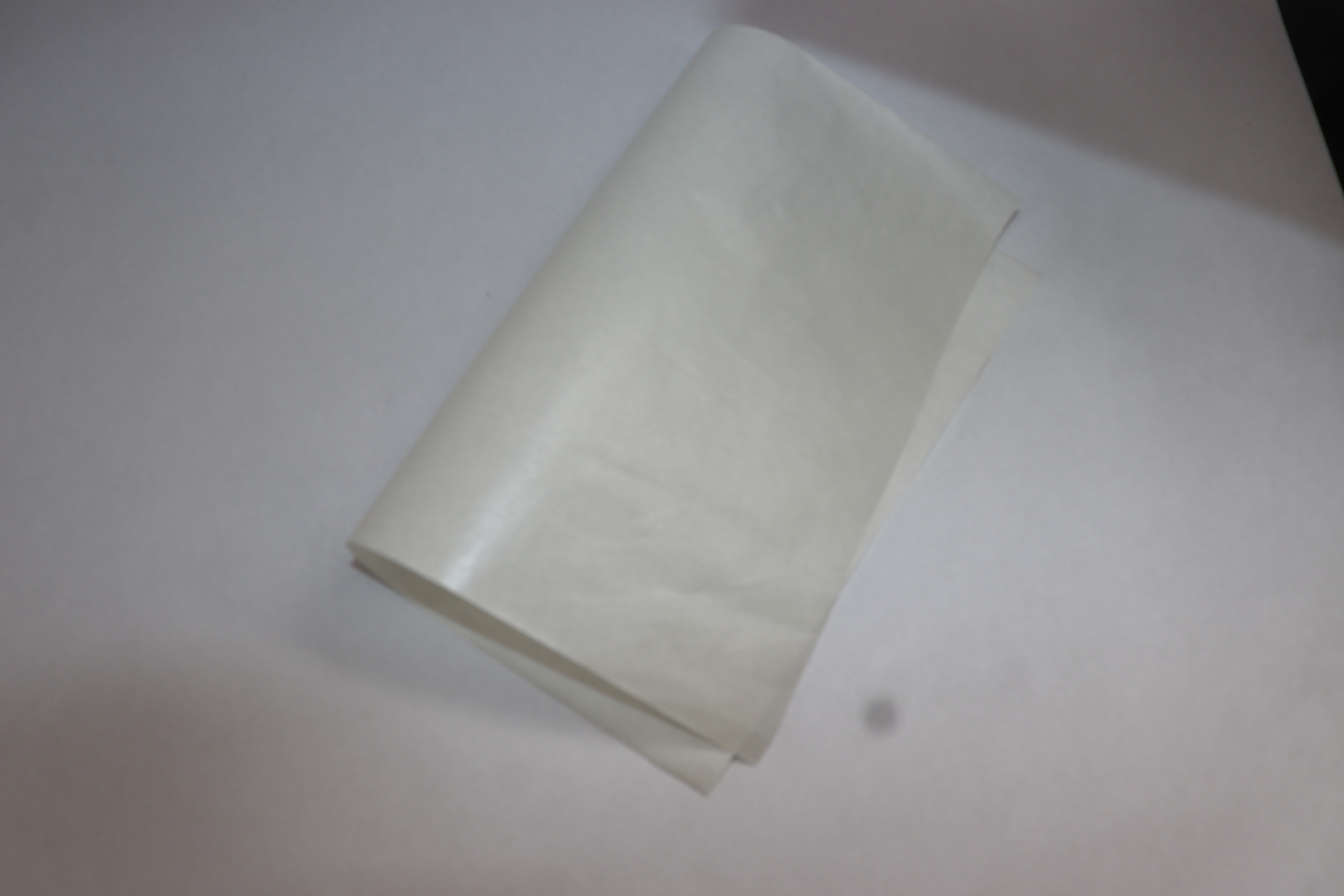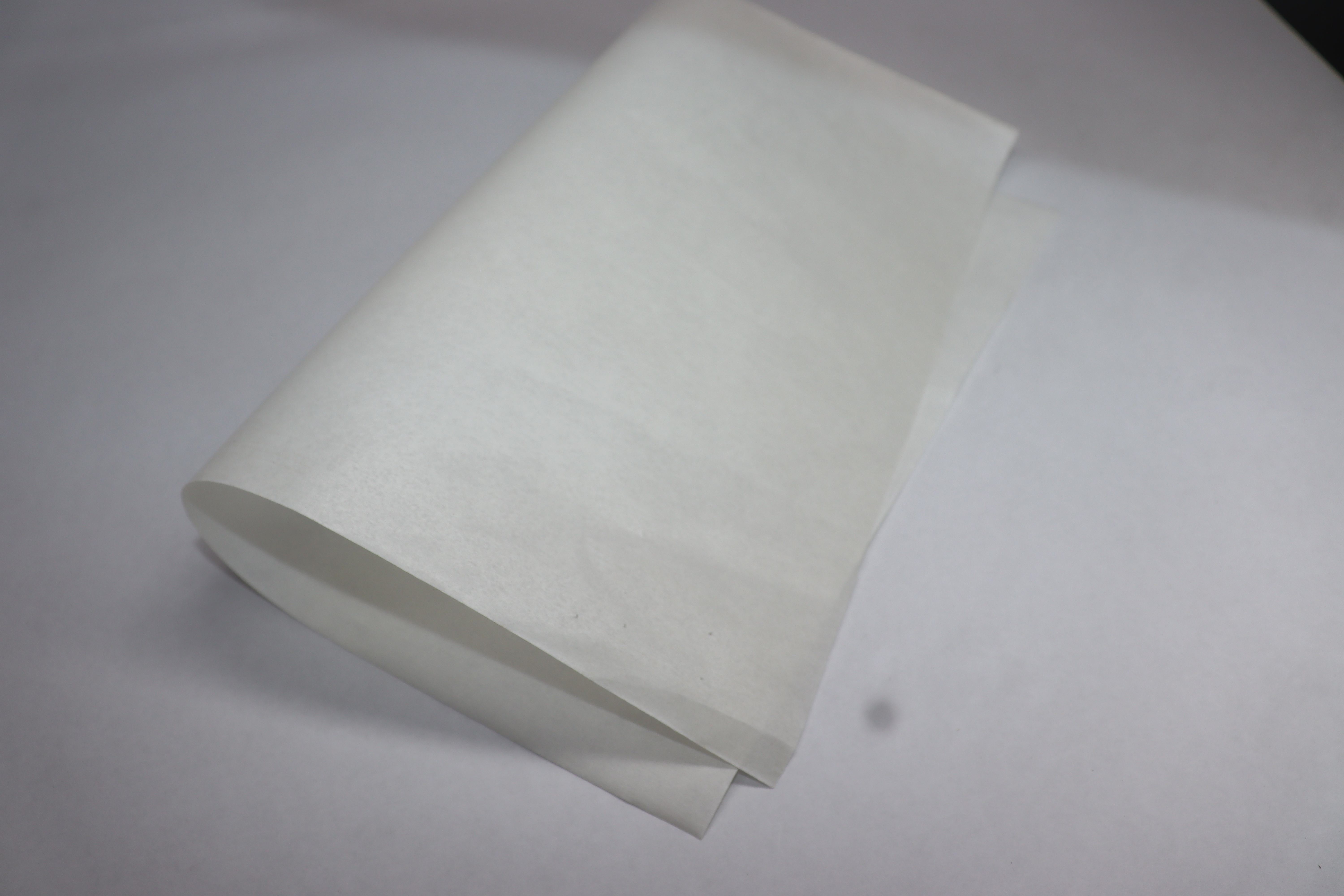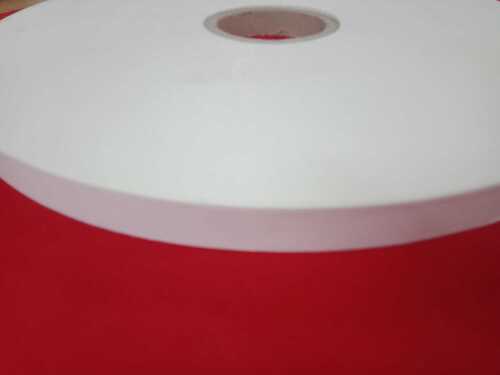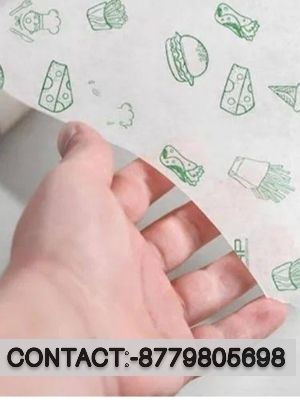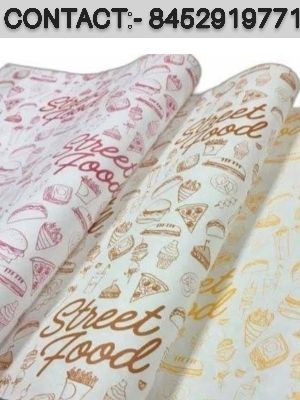Call : 07971584310
X
heat sealing butter paper Price And Quantity
- 200 Kilogram
- 169.0 INR
heat sealing butter paper Product Specifications
- White
heat sealing butter paper Trade Information
- Cash Against Delivery (CAD) Cash on Delivery (COD) Cash Advance (CA) Cash in Advance (CID) Cheque
- 2000 Kilogram Per Day
- 5 Days
- Yes
- Within a certain price range free samples are available
- Packing is available on sheets & rolls formats as per customer preference, packing goods packed by paper packing, taped, goni, cartoon, PVC rapper finally dispatched.
- All India
Product Description
Enter Buying Requirement Details
Other Products in 'Butter Paper ' category
 |
G K ENTERPRISE
All Rights Reserved.(Terms of Use) Developed and Managed by Infocom Network Private Limited. |

 Send Inquiry
Send Inquiry